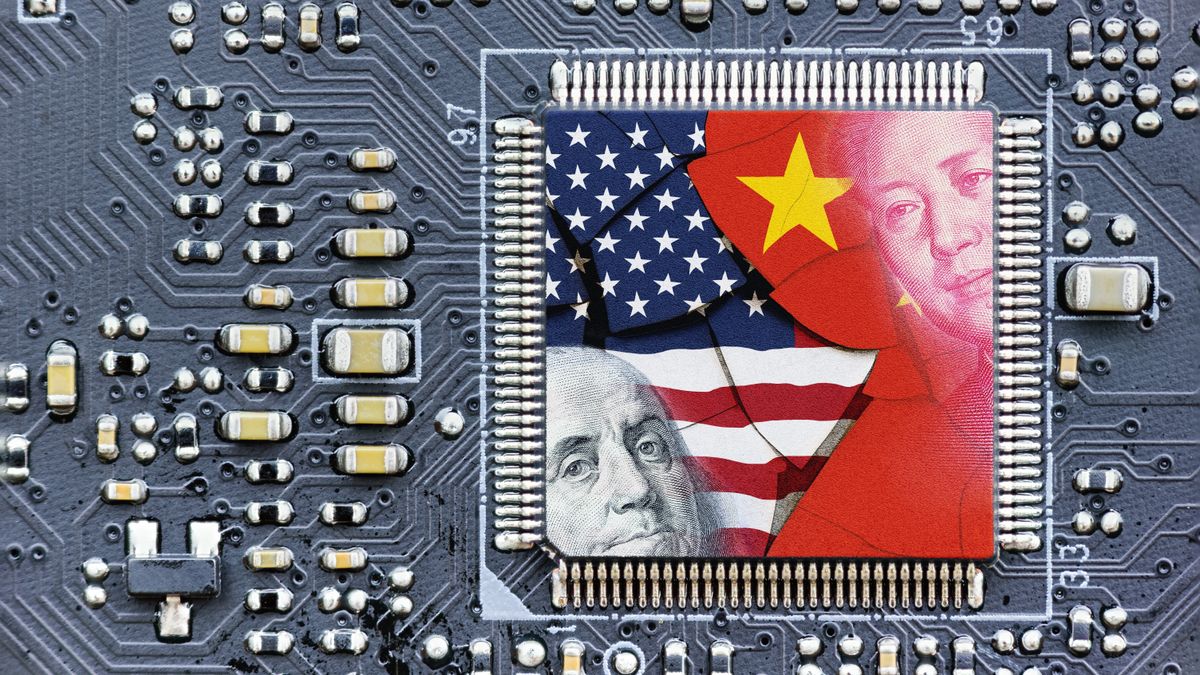After the U.S. government imposed fresh sanctions against the Chinese semiconductor sector, various China’s industry organizations including China Internet Association, China Semiconductor Industry Association, and China Automobile Industry Association have issued statements claiming that buying American chips is not safe, reports Phoenix New Media. The organizations urge Chinese companies to use chips made in China, or supplied by non-American companies, reports Reuters.
“U.S. chip products are no longer safe and reliable, and China’s industry will have to purchase American chips cautiously,” a statement by China Semiconductor Industry Association reads.
In general, the organizations condemn the American sanctions against China’s semiconductor sector. They also say that the U.S. actions harm the stability and development of China’s Internet sector and erode trust in U.S. chip reliability. They state that the restrictions disrupt the global semiconductor supply chain, increase costs, and weaken industry cooperation. Finally, the China Automobile Industry Association claims that these enhanced semiconductor export controls affect the stability of the automotive supply chain, harming global industry stability. In general, the CAIA expects sanctions to have ripple effects on American companies as well.
The Chinese associations represent key sectors such as automotive, digital economy, telecommunications, and semiconductors, together covering 6,400 member companies. China’s influential industry bodies advise Chinese companies to limit their reliance on U.S. chips, expand cooperation with international partners, and prioritize domestic products. They also call for global partnerships, and shared technological progress.
While the organizations are influential, it remains to be seen how quickly China’s industry will be able to respond (if at all) to the call to abandon American solutions and adopt those developed in China. Automotive, telecommunications, and semiconductor industries tend to be very conservative in terms of the components they use, so whether they can swap U.S.-designed products for domestic ones may not happen any time soon. Still, they will have to turn to domestic products if the chips they need are restricted.
Earlier this week the U.S. implemented its third set of restrictions in three years, targeting Chinese semiconductor companies, including producers of chip manufacturing equipment. The move is a part of efforts to limit China’s access to advanced semiconductor technologies, which the U.S. considers a matter of national security. This economic clash comes ahead of President-elect Donald Trump’s return to office in January as he plans to reintroduce tariffs on Chinese goods.


